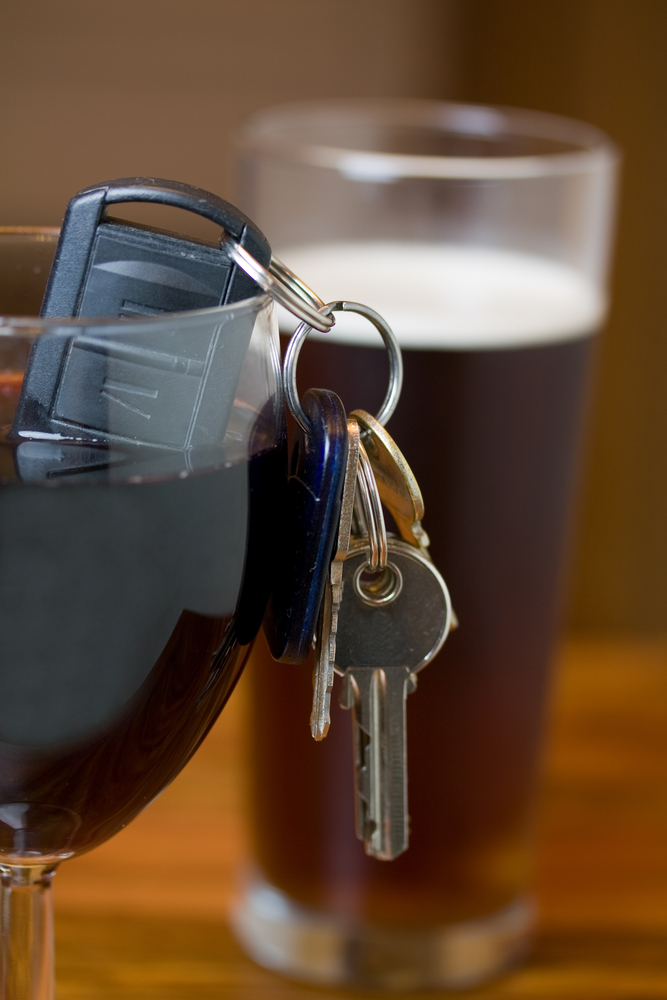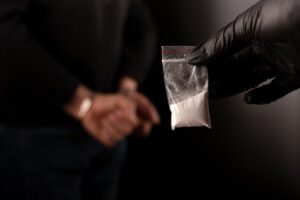
If you’re convicted of intoxication manslaughter, you could be locked up for years, pay steep fines, and be cited a range of other penalties during and after incarceration. If more than one person was killed during the incident, the judge could stack up the penalties for each death against you.
If you were charged with intoxication manslaughter in Texas, it is vital you contact a Addison DWI attorney immediately following your arrest. At the Law Offices of Randall B. Isenberg, our Addison, Criminal defense lawyer has experience representing individuals fighting intoxication manslaughter charges.
What Is Intoxication Manslaughter in Texas?
In Texas, intoxication manslaughter is a charge a person receives for causing a fatal accident while operating a vehicle in public under the influence of drugs or alcohol. In Texas, being legally intoxicated means having a blood alcohol concentration of 0.08 or higher or having the intoxicant affect your physical or mental faculties.
Intoxication manslaughter differs from homicide in that there is no premeditation or motive — the offender does not intend to kill the victim. The death occurs due to criminal negligence or reckless behavior and is not deliberate.
Intoxication manslaughter laws apply when an intoxicated person operates a motor vehicle, boat, airplane, or even an amusement ride, as per Texas Penal Code 49.08.
Penalties for Manslaughter Conviction in TX
Those convicted of this crime will receive penalties congruent with a second-degree felony. This means you are looking at two to 20 years in prison and a fine of up to $10,000. The court may also mandate you serve at least 240 hours in community service. Furthermore, your license may also be suspended for 180 days to two years.
You may have to install an ignition interlock device on all your vehicles and complete mandatory drug and alcohol treatment. The punishment will compound if multiple victims are killed in the accident. Since intoxication manslaughter is a felony crime, you could lose your right to bear arms, vote, or run for public office.
If certain aggravating elements are present, your offense may escalate to a first-degree felony. This could happen if:
- The victim was a police officer or a first responder
- The BAC level in your system was 0.15 or higher.
- You hold a prior conviction for DWI.
- A child was present in the vehicle.
- An open container with alcohol was found in your vehicle.
A Felony Conviction Can Haunt You for Life
The shadow of a felony conviction can follow you your entire life. It can make you ineligible for certain career and educational opportunities, squander your eligibility to attain student loans or finance for a car or house, and taint your reputation in society.
Having reputable legal representation by your side may help your chances of getting a lenient sentence or having your charges dropped.
Our Addison, TX Intoxication Manslaughter Lawyer Can Explain How We Will Fight the Charges Against You
If you are accused of killing someone because of operating a vehicle while intoxicated, you may be treated as a murderer by law enforcement, first responders, and the state. But it’s important to stay calm and not lose hope —the Law Offices of Randall B. Isenberg has litigated hundreds of similar cases and successfully obtained:
- Dismissals
- Reduced charges
- Plea bargains for lower offenses
- Reduced sentences
- Reinstatements of revoked professional licenses
Once our intoxication manslaughter attorney in Dallas County decides to represent you, we will quickly investigate the circumstances leading to your arrest. We will then develop a defense plan with the most potential to help achieve a positive outcome in your situation. We may look for the following:
- Errors made during the investigation:
This may include:
- Unqualified personnel conducted the breathalyzer testing
- Breathalyzer equipment was not properly calibrated
- The breath test was administered a long time after the arrest, which influenced the test results
- The initial traffic stop was unlawful, i.e., it was made without reasonable suspicion
- Errors made by the prosecution: Mistakes could be made by the state when prosecuting your case. These could include improperly obtaining or preserving evidence. If this is present in your case, we could attempt to get the tampered, tainted, and unlawfully procured evidence barred from being admissible in court.
- Death wasn’t related to alcohol consumption: In certain circumstances, we could possibly show the victim’s death did not result from your intoxication. It happened due to other factors, such as reckless driving on the part of the deceased, bad road conditions, or a malfunctioning auto part. Using evidence and arguments, we could possibly prove the accident would have happened regardless of your BAC level.
We Will Thoroughly Investigate Your Case and Build Your Defense
The attorney working on your case will scrutinize all available evidence, anticipate, and develop strong defenses that appropriately challenge the prosecutor’s allegations. We will also draft necessary motions to dismiss your case or reduce or exclude incriminatory evidence.
Every intoxication manslaughter case is riddled with its unique set of weaknesses. We will examine everything from the arresting police officer’s interaction with you to what occurred during the accident to determine which arguments could be challenged and which defense could be utilized. Talk to our team to learn more about the defense strategies that may apply to your case.
Arrested for Intoxication Manslaughter? Contact the Law Offices of Randall B. Isenberg
An accident involving someone’s death can be harrowing for everyone involved. If you’re facing intoxication manslaughter charges, you have the prosecutor building a case against you and the victim’s family demanding justice through civil and criminal claims.
But remember that you’re innocent until proven guilty. Over a free consultation, we can review your case and scrutinize the evidence and sobriety test results. After discussing your case and reviewing the facts, we will advise you about your options and how we can protect your rights and fight the charges you’re facing today.










